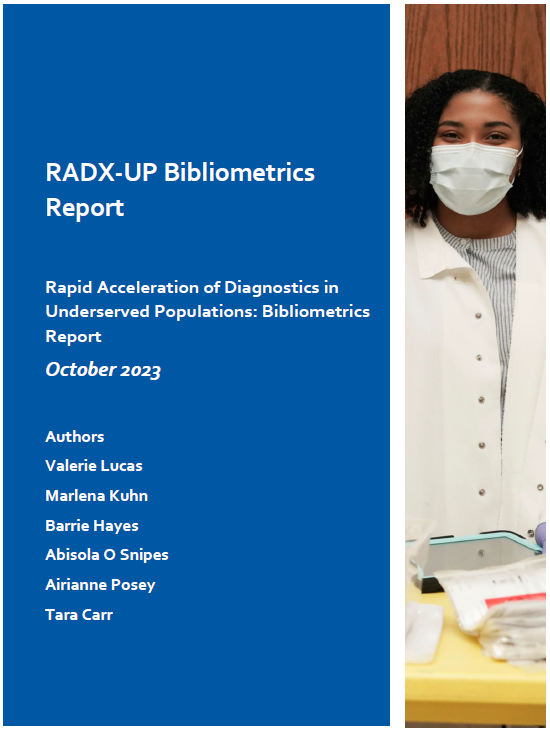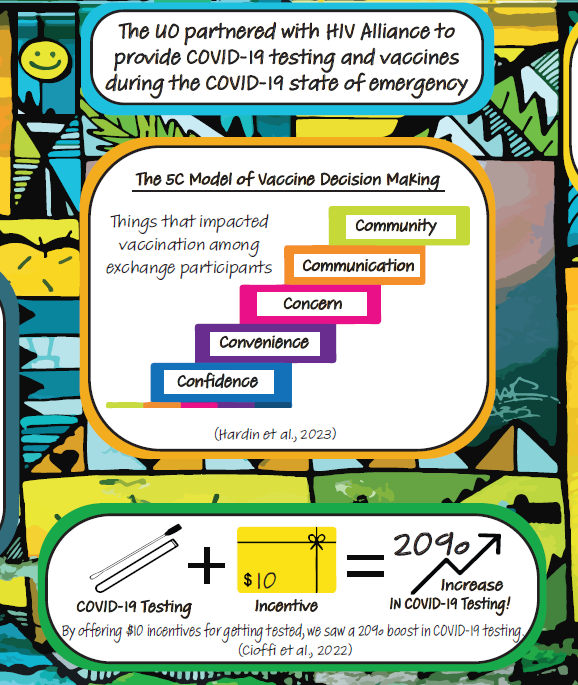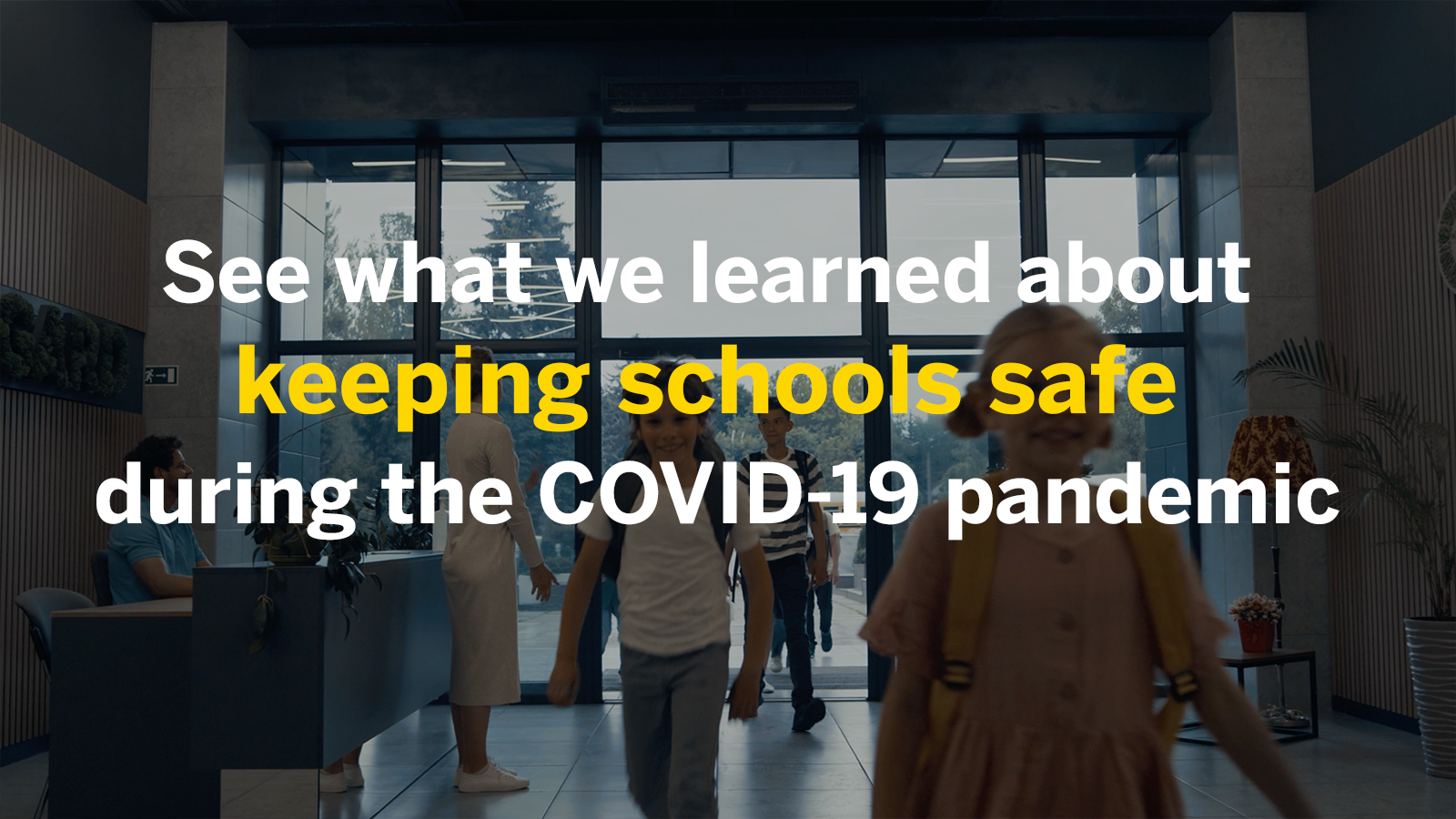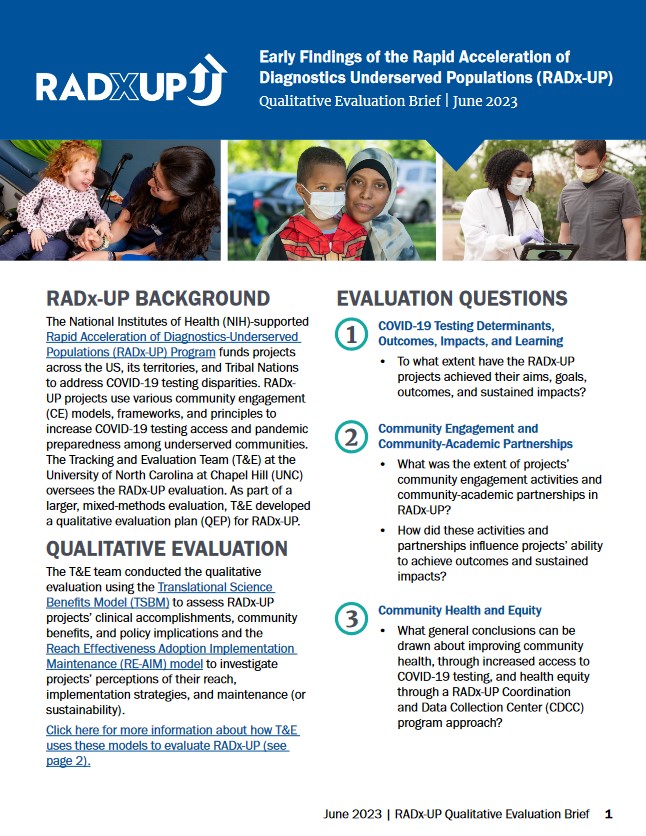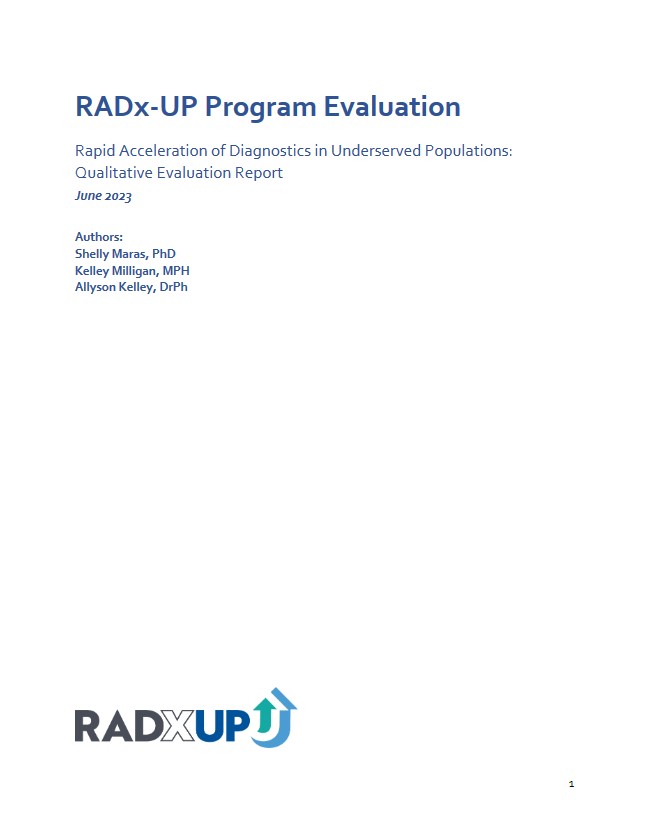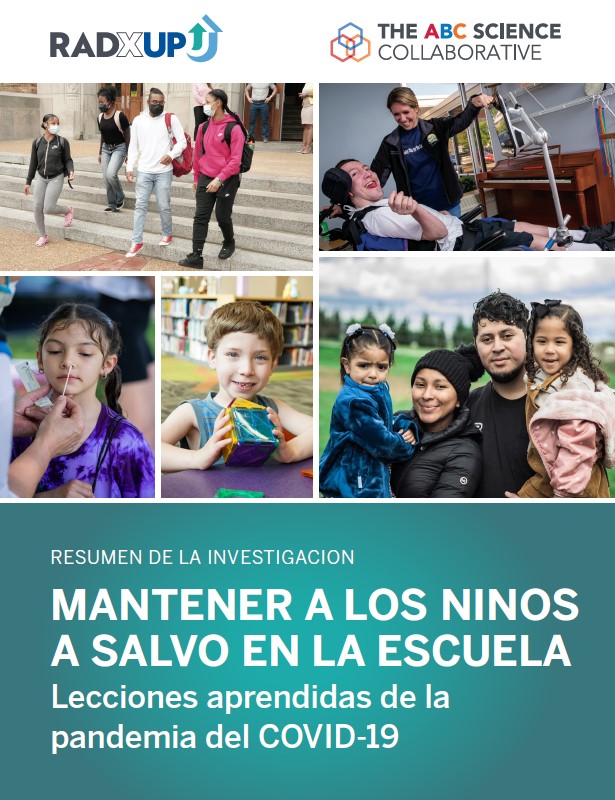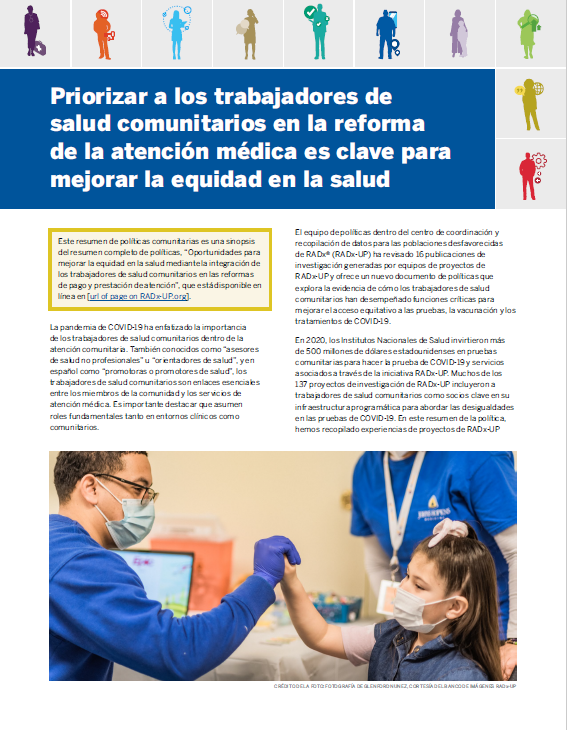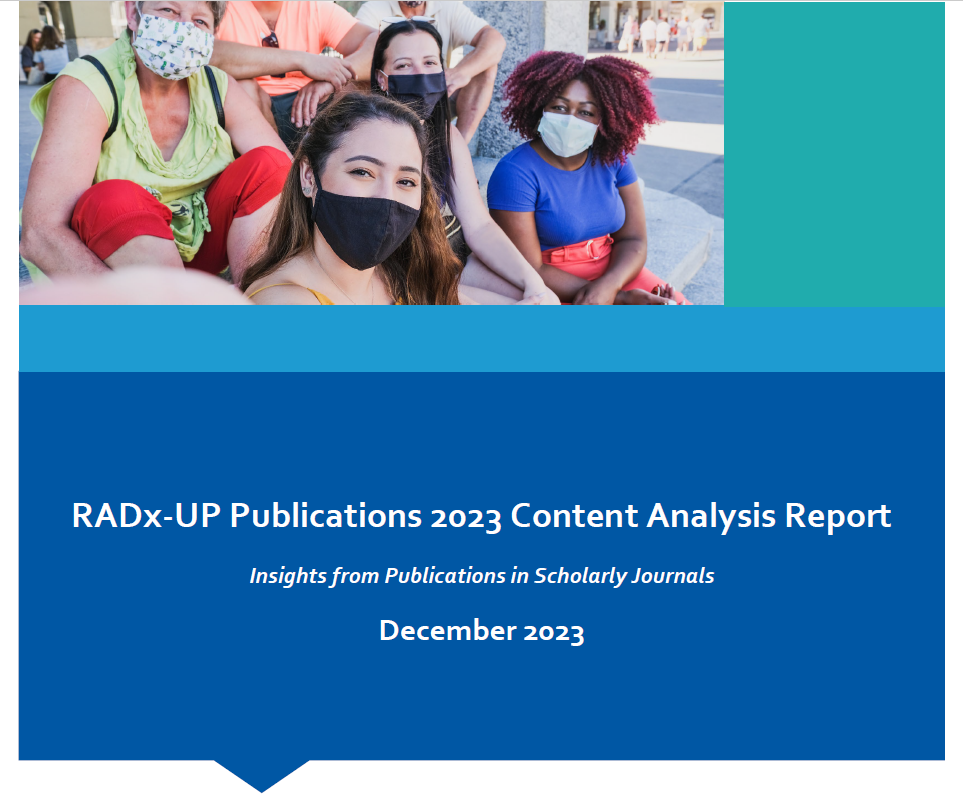
Report
RADx-UP Publications 2023 Content Analysis Report
This content analysis report outlines key outcomes, impacts, and lessons learned from intervention implementation approaches in 231 RADx-UP peer-reviewed publications. Independent reviewers abstracted study characteristics, translational science benefits, key emergent themes, and lessons learned, which are then synthesized and categorized thematically.
